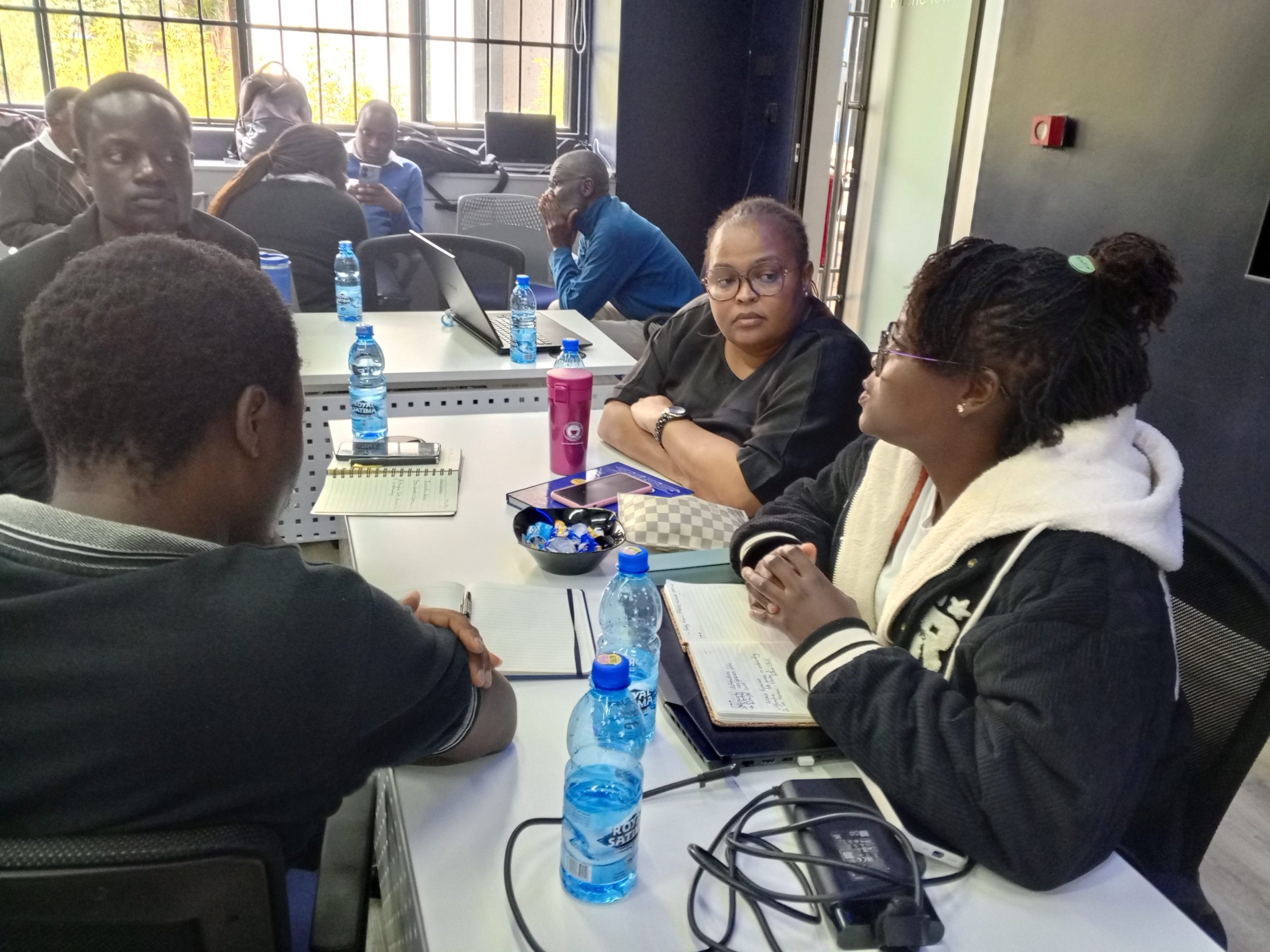Did you know that in most cases, in Europe, for example, undergraduate courses take just three years with an additional two years leading to a Master’s?
According to Prof. Francis Mulaa, the Coordinator of the AFRETEC Network at the University of Nairobi, the longish six- or five-year duration that an undergraduate medical or engineering student spends in school raises questions of relevance, not least because it has a British heritage that could do with a makeover.
Analysis of trends elsewhere, for example, in Europe appeared to show some variations including an inclination towards a five-year undergraduate-Master’s programme, that may have to be addressed.
Referring to the proposed Biomedical Engineering Programme, he said that the design skills, foundational to engineering should be inculcated in the first few years, say three, when the students are still young and enthusiastic about learning.
Reflections on the Engineering curriculum demonstrated putting emphasis on design courses, will benefit the students by giving them an opportunity to be designers, fabricators and assemblers, competencies that characterize the engineering life cycle.
Regarding programme duration, a question to ponder was whether it could actually be looked at as something that can be done from undergraduate to graduate level in five years.
Other contributions on the topic highlighted the need to teach in a way that is more practical, and this is more beneficial than adding more courses.
From Ideation to Impact: Innovation Fellows Embrace Design Thinking in Real-World Problem Solving
On 12 June 2025, the University of Nairobi Innovation Fellows gathered in person at C4DLab for their latest session, marking…




